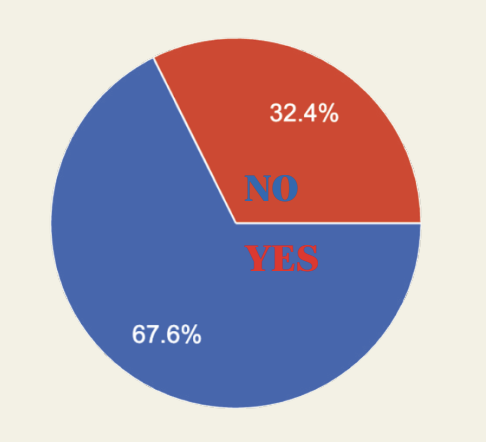Op-Ed: Abolish standardized testing
November 2, 2020
The standardized test system is an undeniably racist, classist system. A 2013 research paper written by the University of Pennsylvania’s Ezekiel J. Dixon-Roman and John J. Mcardle of the University of Southern California found that students in low-income households scored lower than their wealthy counterparts. This inequality doubled when comparing white and Black students. In a 2015 analysis by Inside Higher Ed found that, within the three SAT sections, the reading section held the most inequity in average scores. Students in families making less than $20,000 averaged a score of 433 while students from families making $200,000 had an average score of 570. Additionally, the Varsity Blues scandal, where parents – including actresses Lori Loughlin and Felicity Huffman – paid CEO William Singer $25 million collectively to help their children pass the tests through dishonest methods, highlights how easy it is for wealthy families to cheat the system.
The editorial holds the opinion that tests should be optional. I believe that they should be immediately abolished. While a test-optional model definitely seeks to level out the admissions process and lets students opt out of submitting SAT and ACT scores, there’s no assurance that admissions officers won’t give preference to students who submit tests. Say that Student A and Student B both have the same GPA, go to the same school, and apply for the same college, but Student A submits their SAT score while Student B doesn’t. Who’s to say that Student A’s submitting of the SAT won’t be a determining factor for the college in choosing between A and B? Objectivity isn’t a guarantee – it’s more equitable to abolish the SAT and ACT and find new methods to evaluate students more holistically and equally. The National Center for Fair and Open Testing makes numerous suggestions for SAT and ACT alternatives, including the acknowledgement and valuing of a student’s academic achievements despite their school’s poor resources, as well as the creation of criteria based on a school’s mission.
There’s no perfect solution to create equality in the college admissions process. If the SAT and ACT are abolished, and a new test is created that’s meant to be more equitable, there will still probably be ways for students to get ahead. If colleges decide to base admissions decisions on transcripts and GPAs instead of standardized tests, there will still be inequities in what activities students have access to, how much time they have to do them, and what their schools provide them. While there is no flawless answer, abolishing the test may be the first step in the overhaul of the admissions process and the creation of a more equitable system in the future.


















